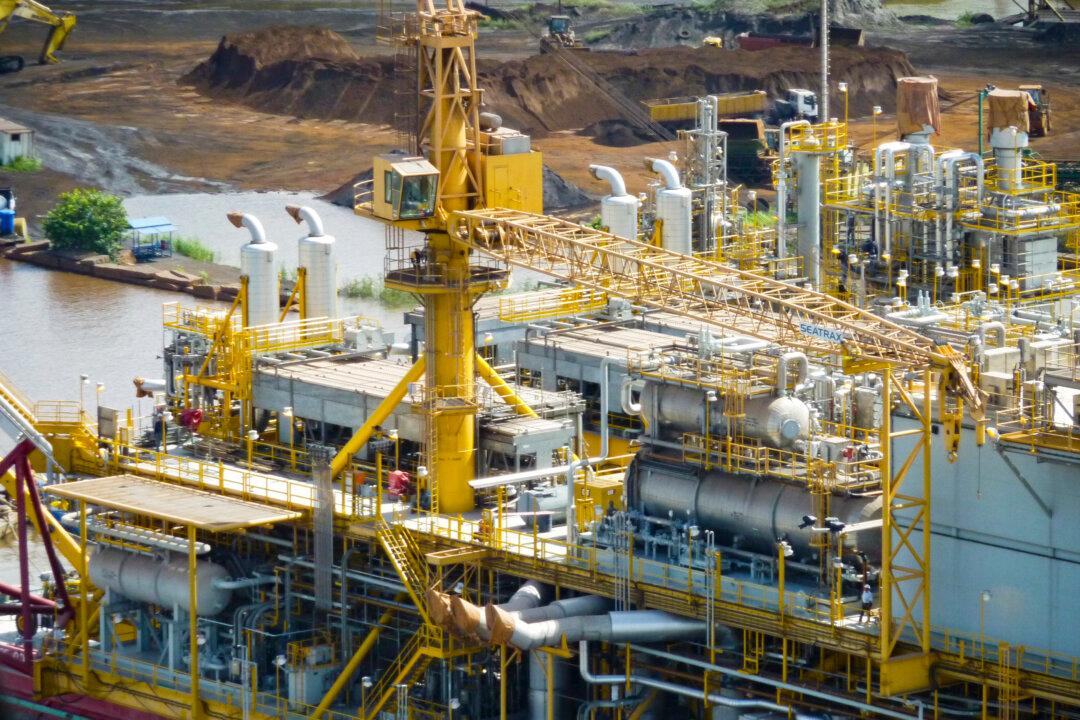President Donald Trump said on Jan. 20 that his administration would likely stop buying oil from Venezuela.
“It was a great country 20 years ago, and now it’s a mess,” Trump told reporters in the Oval Office, hours after his inauguration. “We don’t have to buy their oil. We have plenty of oil for ourselves.”





